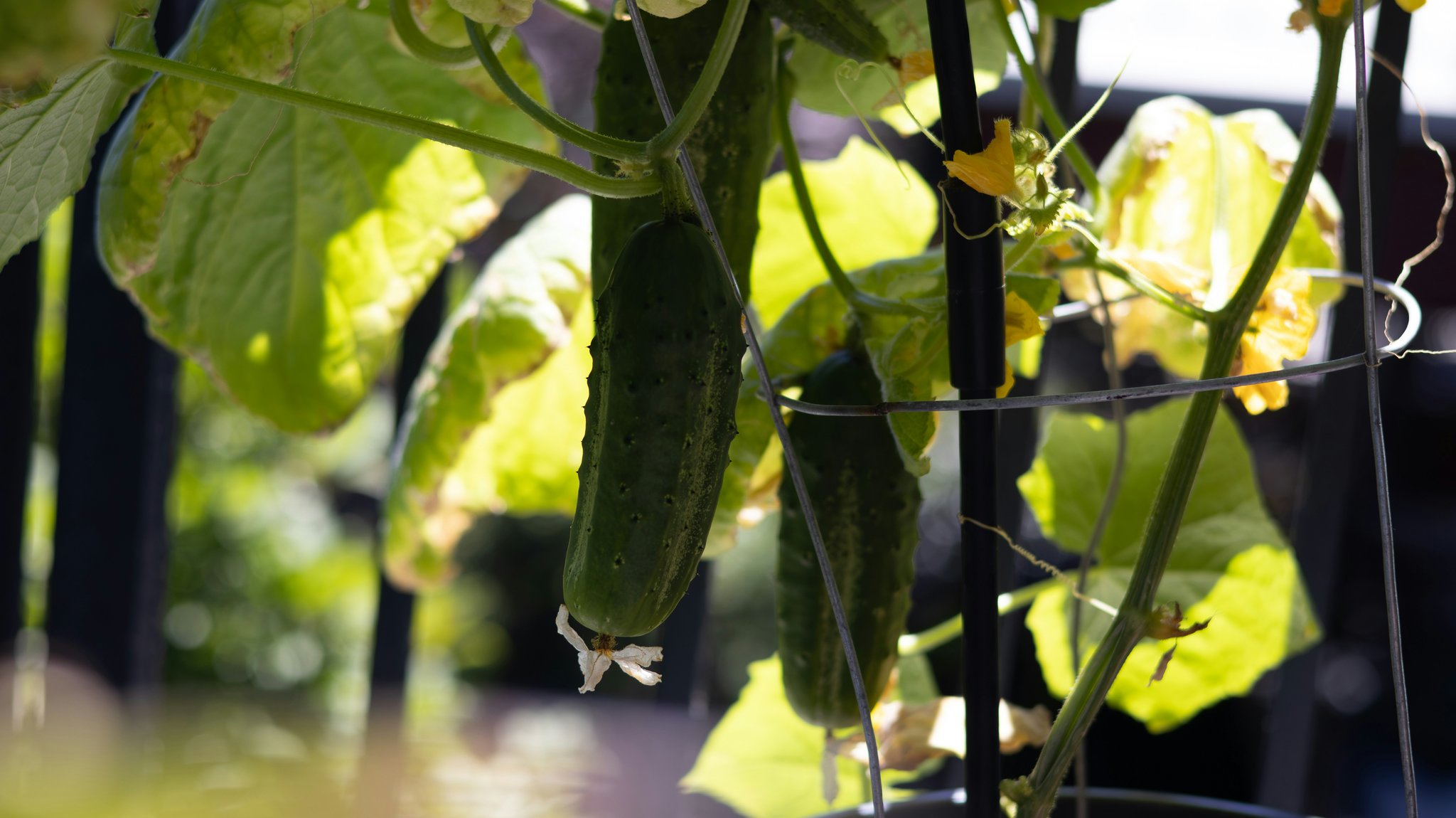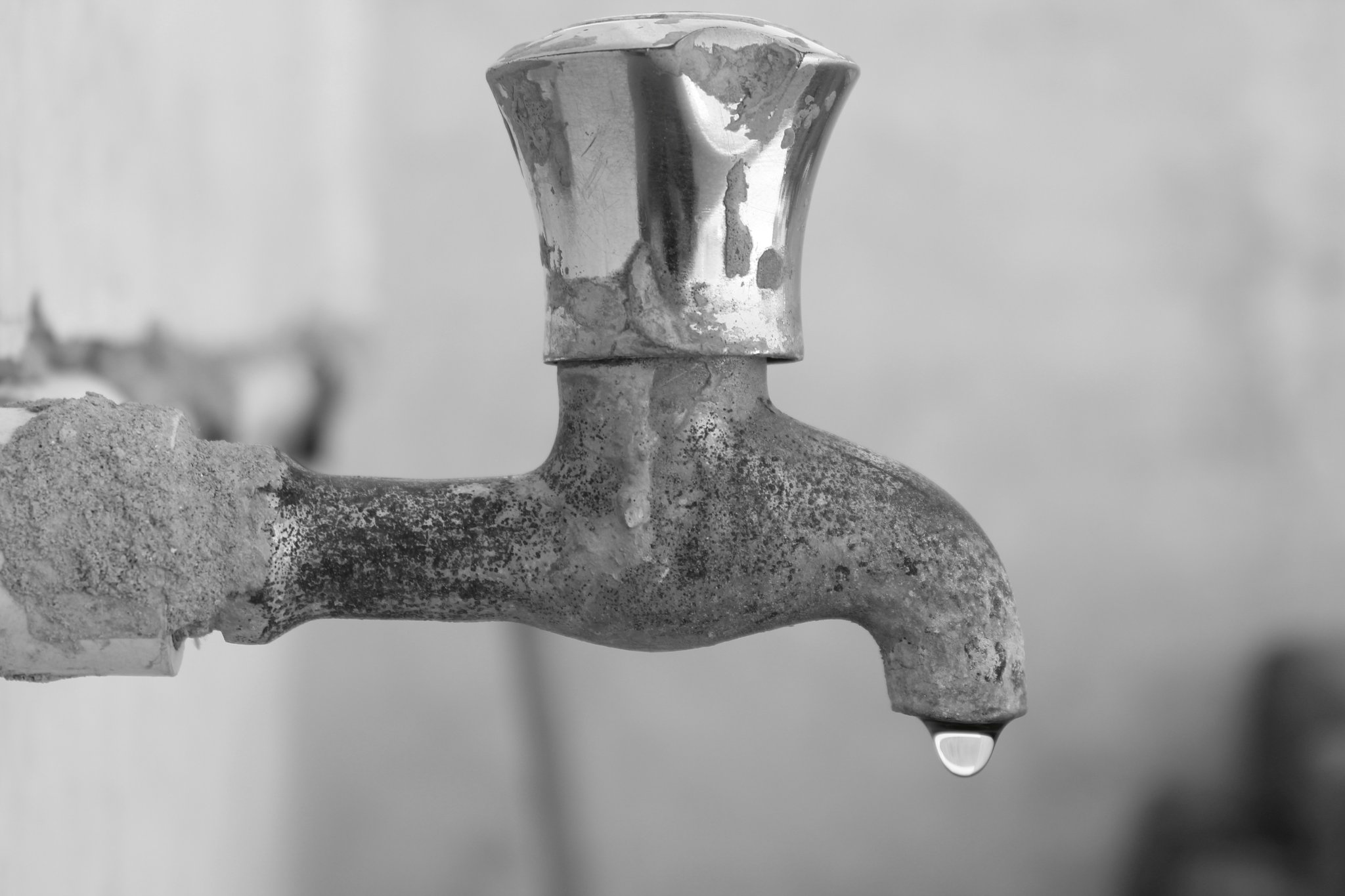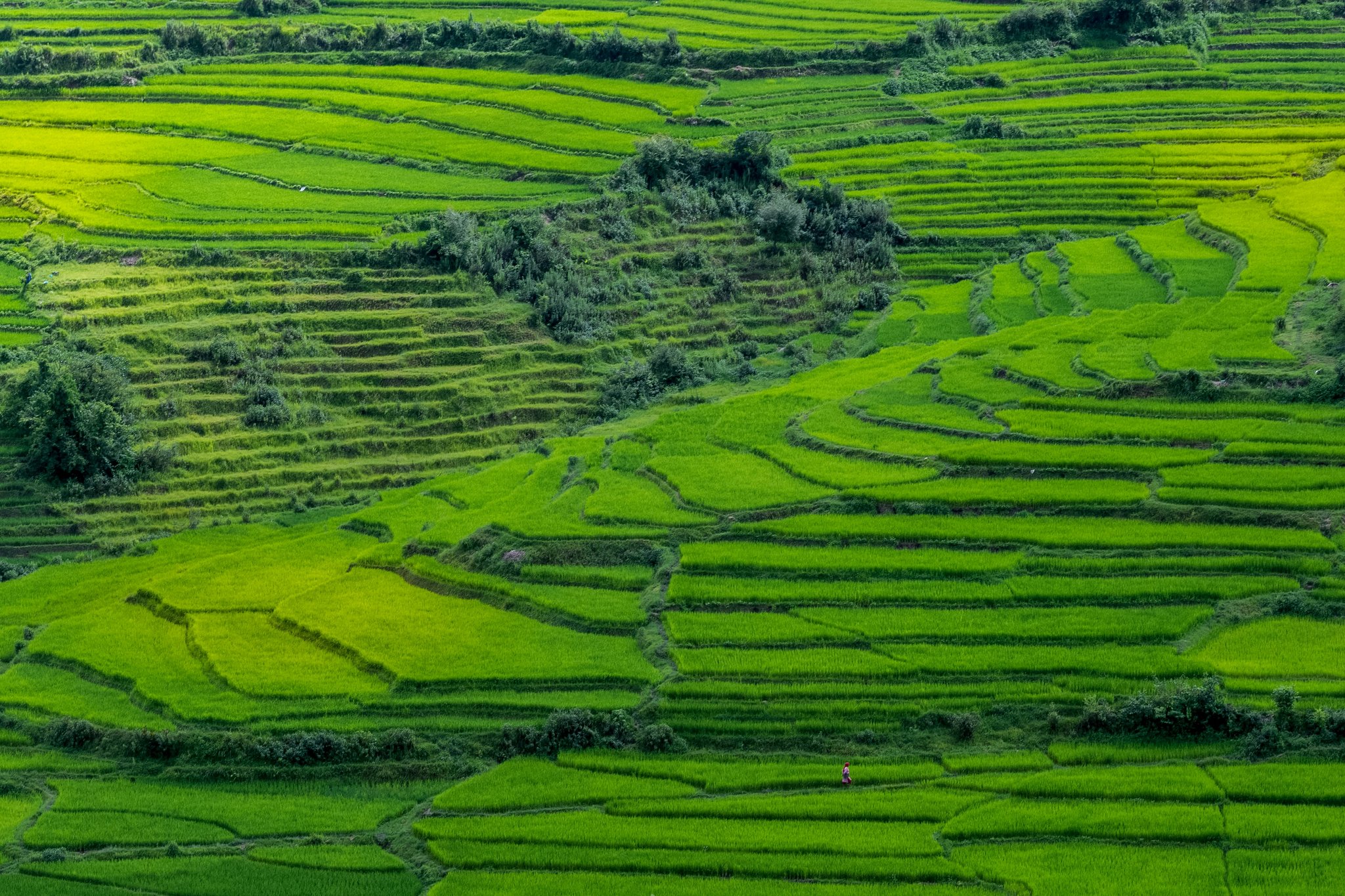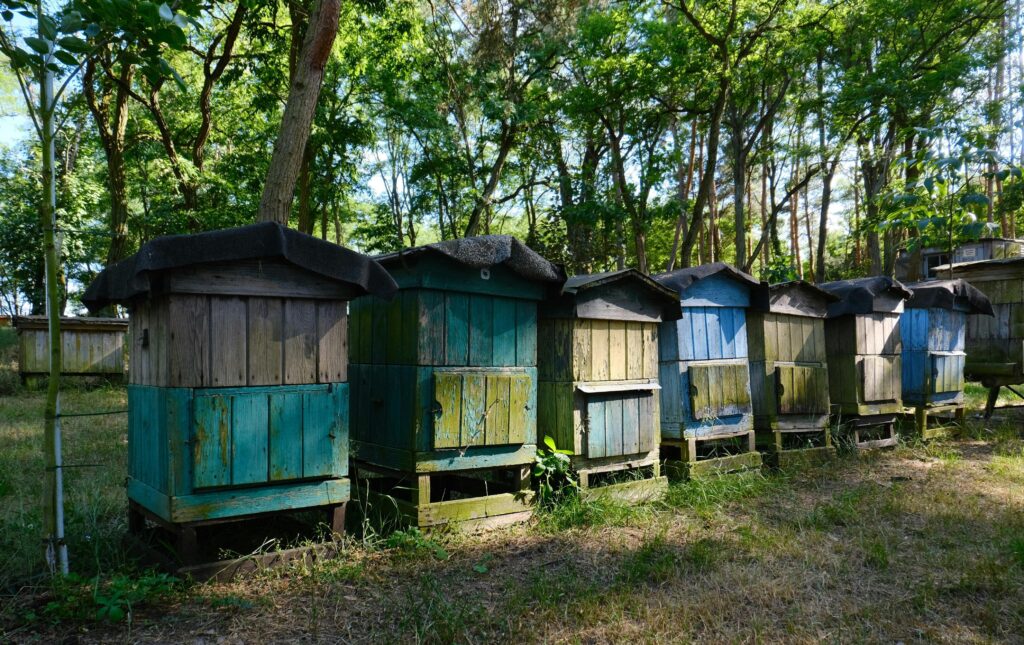Ever wondered why some organic skincare brands seem to have a magical edge over others? The secret might be buried in the soil—literally. Sustainable irrigation practices are revolutionizing how we grow the organic vegetables that go into our beauty products, and it’s time you got in on this eco-luxe trend.
Table of Contents
- Introduction: The Skin-Glow Connection
- Why Organic Vegetables Matter for Beauty
- Step-by-Step Guide to Understanding Sustainable Irrigation
- Best Practices for Brands & Consumers
- Real-World Examples of Success Stories
- Frequently Asked Questions About Sustainable Irrigation
- Conclusion: Glow Green, Live Clean
Introduction: The Skin-Glow Connection
In today’s world, where clean beauty isn’t just a buzzword but a mandate, sustainable irrigation plays a pivotal role. But what does watering plants have to do with your skin? Spoiler alert: Everything. You’ll learn why organic vegetables thrive under sustainable irrigation, how they elevate skincare formulations, and actionable ways to support this movement.
Why Organic Vegetables Matter for Beauty
“Remember that time I slathered my face with a serum claiming ‘all-natural’ ingredients only to find out later it had synthetic fillers? Yeah, me too.” This kind of greenwashing is common in the beauty industry, but true natural beauty starts at the source: healthy crops grown without harming the planet.

Here’s the issue: Conventional agriculture uses excessive water, chemicals, and energy, draining ecosystems and degrading soil health. Without sustainable irrigation methods like drip irrigation or rainwater harvesting, even “organic” produce can lack nutrients vital for potent skincare benefits. Think about it—your cucumber eye patches won’t cut it if those cucumbers came from parched, nutrient-depleted fields.
Step-by-Step Guide to Understanding Sustainable Irrigation
What Exactly Is Sustainable Irrigation?
Sustainable irrigation minimizes water waste by using advanced techniques tailored to the crop’s specific needs. It’s not just about sprinklers; it’s about precision.
Step 1: Assess Soil and Crop Needs
Before setting up any system, analyze your soil type and the vegetable varieties you intend to grow. For example:
- Aloe vera prefers drier conditions compared to water-intensive spinach.
- Clay-heavy soils retain moisture better than sandy ones.
Step 2: Choose Eco-Friendly Systems
Ditch traditional flood irrigation. Opt for:
- Drip irrigation systems that deliver water directly to plant roots.
- Rain barrels or cisterns to capture and store rainfall.
Step 3: Monitor and Adjust
Use smart sensors to track humidity, soil moisture levels, and weather patterns. Adjust accordingly to avoid overwatering or underwatering.
Best Practices for Brands & Consumers
- Prioritize Transparency: If you’re a brand, clearly label whether your organic veggies come from sustainably irrigated farms.
- Invest Locally: Buy skincare products made locally—transportation costs often outweigh sustainability efforts.
- DIY Alert: Terrible tip here: DIY-ing your own extracts without proper sanitization could lead to contamination. Don’t risk it unless you’re an expert!

Real-World Examples of Success Stories
Meet GlowGreen Skincare, a niche brand sourcing its aloe vera and chamomile exclusively from farms practicing sustainable irrigation. Their sales skyrocketed after partnering with regenerative farm networks, proving eco-responsibility isn’t just good karma—it’s good business.
Frequently Asked Questions About Sustainable Irrigation
Is Sustainable Irrigation Expensive?
It requires upfront investment, especially in smart technology, but pays off long-term through reduced water bills and improved crop yields.
Can Small Farms Afford These Systems?
Absolutely! Many governments and NGOs offer subsidies or grants to encourage adoption.
Does It Really Impact Skincare Quality?
Yes! Plants irrigated sustainably tend to absorb more nutrients, enhancing their bioactive properties for skincare formulations.
Conclusion: Glow Green, Live Clean
Sustainable irrigation may sound technical, but its impact on organic and natural beauty is transformative. By supporting brands committed to these practices—or growing your own ingredients—you’re not just glowing naturally; you’re healing the planet one drop at a time.
“Optimist You:” Hey, every small step counts!”
Grumpy You:” Sure, if caffeine-fueled mornings count as steps.”
Like pouring glitter gel pen ink back into the tube—life’s messy, but sustainability makes sense. 🌱✨


